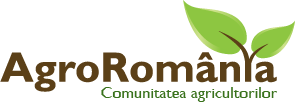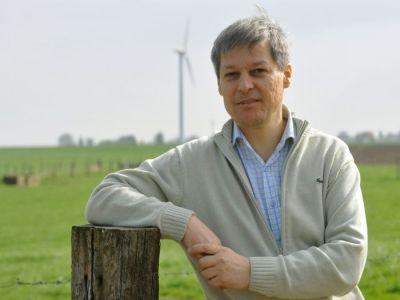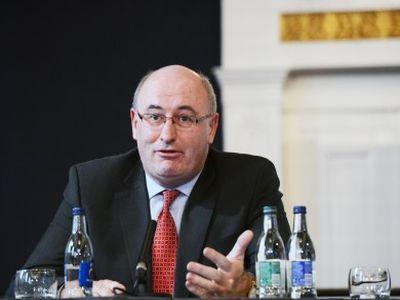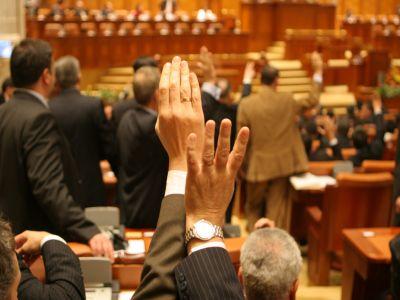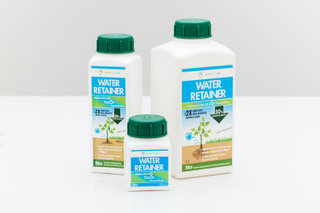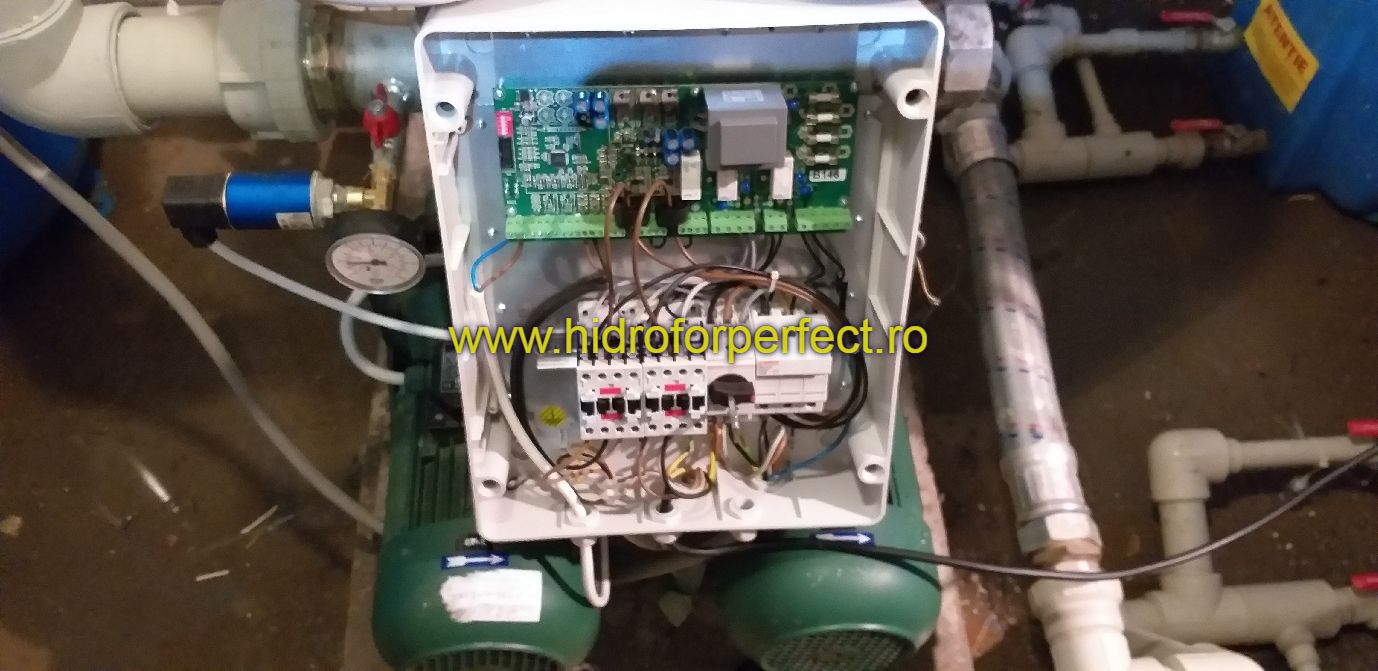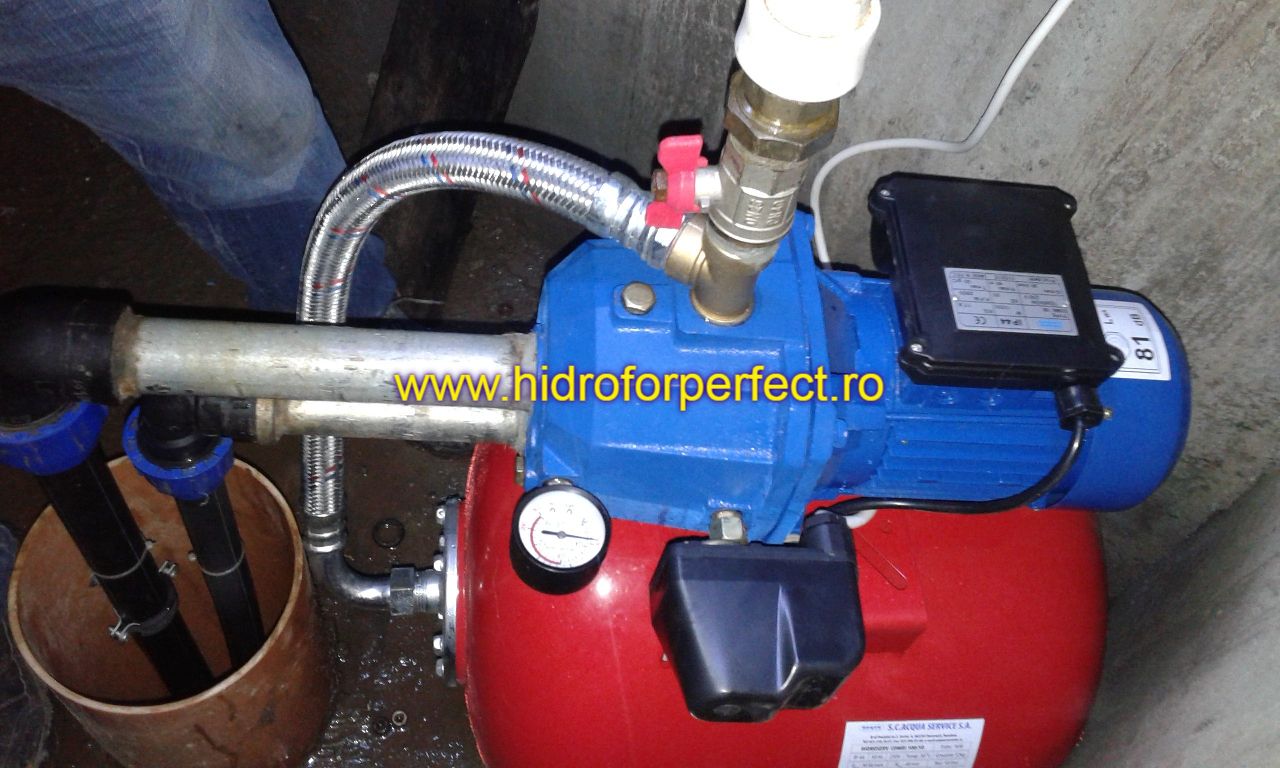The future of the Common Agricultural Policy after 2013 and its budgetary aspects, the use of direct payments, the volatility of prices in the food markets and ongoing international negotiations were among the topics raised by MEPs during the hearing of the Romanian Commissioner-designate for agriculture and rural development, Dacian Ciolos.
"The main priority of my mandate is to define the perspective of the Common Agricultural Policy (CAP) after 2013" said Mr Ciolos in his opening remarks. "European farmers want stability and predictability, European consumers expect safe and healthy food and European taxpayers need assurance that their money is spent in an efficient and transparent way", he added.
Paolo De Castro (S&D, IT), chair of the Agriculture Committee, opening the hearing, mentioned the recent crisis in different agricultural markets, starting with the dairy sector. He explained that the best response to those crises was to create a policy able "to represent the needs of all European territories, from North to South, from East to West" and thus to provide a solution which is "coherent with European society's needs".
Future of the CAP: "I'm a reformer"
According to Luis Capoulas Santos (S&D, PT), there was a contradiction between Mr Ciolos' written replies (sent previously to the Agriculture Committee), where he stressed the need to reform the CAP, and his comments in the press where the Commissioner-designate only spoke of "simple adjustments". "Which is the right one?" asked Mr Capoulas Santos.
"I'm a reformer", replied Mr Ciolos. "The CAP needs to be reformed ", he added, "and reform does not mean reducing financial support but adapting it to tackle the new challenges".
"What budget level do you see for the CAP?" asked James Nicholson (ECR, UK). Mr Ciolos replied: "I will be putting forward arguments for a well-funded CAP: we can't build the new CAP without a commensurate budget!"
"What are three measures to be implemented to improve competitiveness in the next three years?" asked George Lyon (ALDE, UK). Commissioner-designate Ciolos replied by listing: investment measures to help farmers adapt to new challenges, balancing out the use of direct payments and using international negotiations to help farmers to better use opportunities in the world market.
Direct payments and farmers' income
Albert Dess (EPP, DE) questioned the Commissioner-designate on how the EU could best cope with the difficult situation of farmers' income, which seems to have fallen over the years. "Direct payments should ensure (...) a minimum level of income" for European farmers, replied Mr Ciolos. The reform should re-balance the way aid is distributed among regions, farmers and Member States, added Mr Ciolos, replying to a question by Mr Capoulas Santos.
To a question by Michel Dantin (EPP, FR) and Csaba Sándor Tabajdi (S&D, HU) on possible safety net tools, Mr Ciolos said measures to guaranteed incomes when there was strong price fluctuations could be implemented in the future, like it is today for the vegetable sector. It is nevertheless necessary to ensure measures do not slow down the market: "We need to let the market decide the price", Mr Ciolos stressed. In addition, the Commissioner designate would also support improving contractual relations between producers and retailers.
Price volatility: "new mechanisms" needed
Replying to Mr Dess, Ciolos said we should not come back to old mechanisms of market regulation, while "new mechanisms to prevent price fluctuations" should be discussed and implemented.
Patrick Le Hyraic (GUE/NGL, FR) raised once more the issue of market regulation. "Agricultural production should be considered a service of general interest", he said and asked whether the EU should guarantee prices for volume of production. The Commissioner designate reiterated his view that a market regulation mechanism is needed to guarantee income and price stability, but only if taking into full account demand and supply.
On export support, Martin Häusling (Greens/EFA, DE) asked: "Do we need more rules and less free markets?" Mr Ciolos replied: "We need regulatory measures not against the market, but to make it functioning better". "In certain sectors, subsidies can be maintained", he concluded.
Specific actions for small farms
"In former communist countries, agriculture has seen an even deeper crisis than Western Europe. Tell us how you intend to help small and medium sized farms in new Member States", asked Krisztina Morvai (NI, HU). The Commissioner designate replied that "small holdings represent an important share, not only in the new Member States but also in South Europe". A structural policy is needed "to modernise" small farms and to "develop existing opportunities in local markets", where there is "high demand for local products".
Mr Häusling questioned further the fairness of the current system of direct payments by stressing the imbalance between small and big farms. The Commissioner designate recognised the need to improve fairness of distribution and to "demonstrate that small farms can also be competitive under specific circumstances".
WTO: "We cannot go further"
Replying to a question by Georgios Papastamkos (EPP, EL) on the Doha round of negotiations, Mr Ciolos said: "I will be tough in this area, where we have already made significant concessions and we cannot go further". "We need to wait for our partners' proposals: (...) a global agreement is needed", he concluded.
Quality of products, fight against counterfeiting and GMO
Giancarlo Scottà (EFD, IT) expressed his concerns on the counterfeiting of agricultural goods and its "the negative impact on Member States' agricultural markets". "Which measures would you implement to tackle this problem?" he asked. Mr Ciolos stressed the importance of the EU quality products policy and added: "We will back research activities to build technologies to improve inspections" to guarantee respect of rules on food quality and "increase consumers' confidence".
If we need to support quality production, how can the EU help producers to find the right markets around the world, asked Britta Reimers (ALDE, DE). Dacian Ciolos replied: "We need to make our high standards better known (...) and to convince Member States to work closely together" to compete in all different markets.
José Bové (Greens/EFA, FR) pointed out that: "studies show problems with co-existence of GMO and non-GMO productions". "How to guarantee freedom of choice to farmers?" he asked. "Consumers should be able to choose, as farmers", replied Mr Ciolos. He explained that it is up to Member States' to check rules are respected. "We need closer cooperation", he added.
"The main priority of my mandate is to define the perspective of the Common Agricultural Policy (CAP) after 2013" said Mr Ciolos in his opening remarks. "European farmers want stability and predictability, European consumers expect safe and healthy food and European taxpayers need assurance that their money is spent in an efficient and transparent way", he added.
Paolo De Castro (S&D, IT), chair of the Agriculture Committee, opening the hearing, mentioned the recent crisis in different agricultural markets, starting with the dairy sector. He explained that the best response to those crises was to create a policy able "to represent the needs of all European territories, from North to South, from East to West" and thus to provide a solution which is "coherent with European society's needs".
Exclusiv - beneficiati acum de Oferta Speciala de mai jos:
Propriul meu plan de afaceri
Stick-ul "Propriul meu plan de afaceri" Ai planuri de afaceri standard Esti o persoana dinamica Profita de Stick-ul "Propriul meu plan de afaceri" Ai 7 modele practice de planuri de afacere cu care obtii mai usor finantari si chiar fonduri europene la mai putin de 100 de lei Stick-ul "Propriul meu plan de...
Oferta Speciala
valabila 48h
valabila 48h
Future of the CAP: "I'm a reformer"
According to Luis Capoulas Santos (S&D, PT), there was a contradiction between Mr Ciolos' written replies (sent previously to the Agriculture Committee), where he stressed the need to reform the CAP, and his comments in the press where the Commissioner-designate only spoke of "simple adjustments". "Which is the right one?" asked Mr Capoulas Santos.
"I'm a reformer", replied Mr Ciolos. "The CAP needs to be reformed ", he added, "and reform does not mean reducing financial support but adapting it to tackle the new challenges".
"What budget level do you see for the CAP?" asked James Nicholson (ECR, UK). Mr Ciolos replied: "I will be putting forward arguments for a well-funded CAP: we can't build the new CAP without a commensurate budget!"
"What are three measures to be implemented to improve competitiveness in the next three years?" asked George Lyon (ALDE, UK). Commissioner-designate Ciolos replied by listing: investment measures to help farmers adapt to new challenges, balancing out the use of direct payments and using international negotiations to help farmers to better use opportunities in the world market.
Direct payments and farmers' income
Albert Dess (EPP, DE) questioned the Commissioner-designate on how the EU could best cope with the difficult situation of farmers' income, which seems to have fallen over the years. "Direct payments should ensure (...) a minimum level of income" for European farmers, replied Mr Ciolos. The reform should re-balance the way aid is distributed among regions, farmers and Member States, added Mr Ciolos, replying to a question by Mr Capoulas Santos.
To a question by Michel Dantin (EPP, FR) and Csaba Sándor Tabajdi (S&D, HU) on possible safety net tools, Mr Ciolos said measures to guaranteed incomes when there was strong price fluctuations could be implemented in the future, like it is today for the vegetable sector. It is nevertheless necessary to ensure measures do not slow down the market: "We need to let the market decide the price", Mr Ciolos stressed. In addition, the Commissioner designate would also support improving contractual relations between producers and retailers.
Price volatility: "new mechanisms" needed
Replying to Mr Dess, Ciolos said we should not come back to old mechanisms of market regulation, while "new mechanisms to prevent price fluctuations" should be discussed and implemented.
Patrick Le Hyraic (GUE/NGL, FR) raised once more the issue of market regulation. "Agricultural production should be considered a service of general interest", he said and asked whether the EU should guarantee prices for volume of production. The Commissioner designate reiterated his view that a market regulation mechanism is needed to guarantee income and price stability, but only if taking into full account demand and supply.
On export support, Martin Häusling (Greens/EFA, DE) asked: "Do we need more rules and less free markets?" Mr Ciolos replied: "We need regulatory measures not against the market, but to make it functioning better". "In certain sectors, subsidies can be maintained", he concluded.
Specific actions for small farms
"In former communist countries, agriculture has seen an even deeper crisis than Western Europe. Tell us how you intend to help small and medium sized farms in new Member States", asked Krisztina Morvai (NI, HU). The Commissioner designate replied that "small holdings represent an important share, not only in the new Member States but also in South Europe". A structural policy is needed "to modernise" small farms and to "develop existing opportunities in local markets", where there is "high demand for local products".
Mr Häusling questioned further the fairness of the current system of direct payments by stressing the imbalance between small and big farms. The Commissioner designate recognised the need to improve fairness of distribution and to "demonstrate that small farms can also be competitive under specific circumstances".
WTO: "We cannot go further"
Replying to a question by Georgios Papastamkos (EPP, EL) on the Doha round of negotiations, Mr Ciolos said: "I will be tough in this area, where we have already made significant concessions and we cannot go further". "We need to wait for our partners' proposals: (...) a global agreement is needed", he concluded.
Quality of products, fight against counterfeiting and GMO
Giancarlo Scottà (EFD, IT) expressed his concerns on the counterfeiting of agricultural goods and its "the negative impact on Member States' agricultural markets". "Which measures would you implement to tackle this problem?" he asked. Mr Ciolos stressed the importance of the EU quality products policy and added: "We will back research activities to build technologies to improve inspections" to guarantee respect of rules on food quality and "increase consumers' confidence".
If we need to support quality production, how can the EU help producers to find the right markets around the world, asked Britta Reimers (ALDE, DE). Dacian Ciolos replied: "We need to make our high standards better known (...) and to convince Member States to work closely together" to compete in all different markets.
José Bové (Greens/EFA, FR) pointed out that: "studies show problems with co-existence of GMO and non-GMO productions". "How to guarantee freedom of choice to farmers?" he asked. "Consumers should be able to choose, as farmers", replied Mr Ciolos. He explained that it is up to Member States' to check rules are respected. "We need closer cooperation", he added.
Autor: AgroRomania.ro
Votati articolul
Nota: 5 din 1 voturi
Urmareste-ne pe Google News

